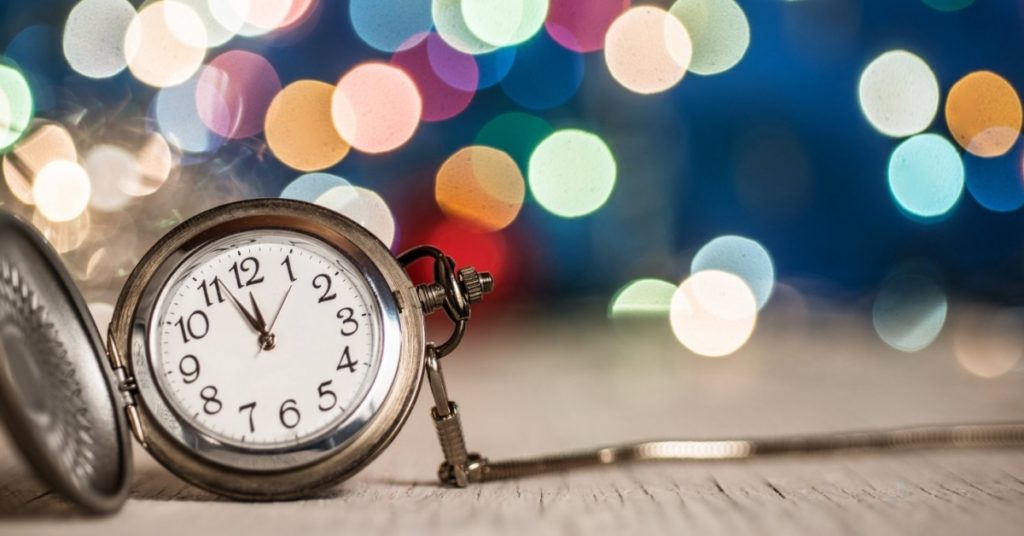I have felt that the older I get, the faster that time seems to be passing by. This has certainly been accelerated the past few years in lockdown, where time seems to be going even more quickly.
Firstly, why does time seem to go ‘quicker’ as we age?
Well in 2005, psychologists Marc Wittmann and Sandra Lenhoff, both then at Ludwig Maximilian University of Munich, surveyed 499 participants, ranging in age from 14 to 94 years, about the pace at which they felt time moving—from “very slowly” to “very fast.” For shorter durations—a week, a month, even a year—the subjects’ perception of time did not appear to increase with age. Most participants felt that the clock ticked by quickly. But for longer durations, such as a decade, a pattern emerged: older people tended to perceive time as moving faster. When asked to reflect on their lives, the participants older than 40 felt that time elapsed slowly in their childhood but then accelerated steadily through their teenage years into early adulthood.
We estimate time passing in two ways: prospectively (how fast is time passing right now?) and retrospectively (how fast did last week or the last decade go by?). Also, our experience with time varies and depends on whatever we are doing, and how we feel about it.
Time really does fly when we are having fun.
Indeed, engaging in a fun and enjoyable activity will make time appear to pass more quickly in the moment. But if we remember that activity later on, it will seem to have lasted longer than more mundane experiences.
What’s the reason for this? Well, our brain encodes new experiences into memory, and our retrospective judgement of time is based on how many new memories we create over a certain period. Basically, the more memories we create, the longer time will seem in hindsight.
This phenomenon has been dubbed as ‘The Holiday Paradox’. Logically, when we are younger, we encounter more new experiences and learn countless skills. However, as we age, our lives become more routine, and we experience less unfamiliar moments. As a result, our early years tend to be relatively overrepresented in our autobiographical memory and, on reflection, seem to have lasted longer.
This also explains why time seems to be even further accelerated during lockdown. As our lives became more mundane and identical, this leads to fewer new memories created, which is crucial to our sense of time perception.
So, the question is, how can we ‘slow down’ our perception of time? I guess a key factor is to live in the present, rather than stressing over the past and future. We could also alter our perceptions by keeping our brain active. Rather than letting life becoming more mundane as we get older, our perception of time can be slowed by continually learning new skills and ideas, and exposing ourselves to new experiences.

